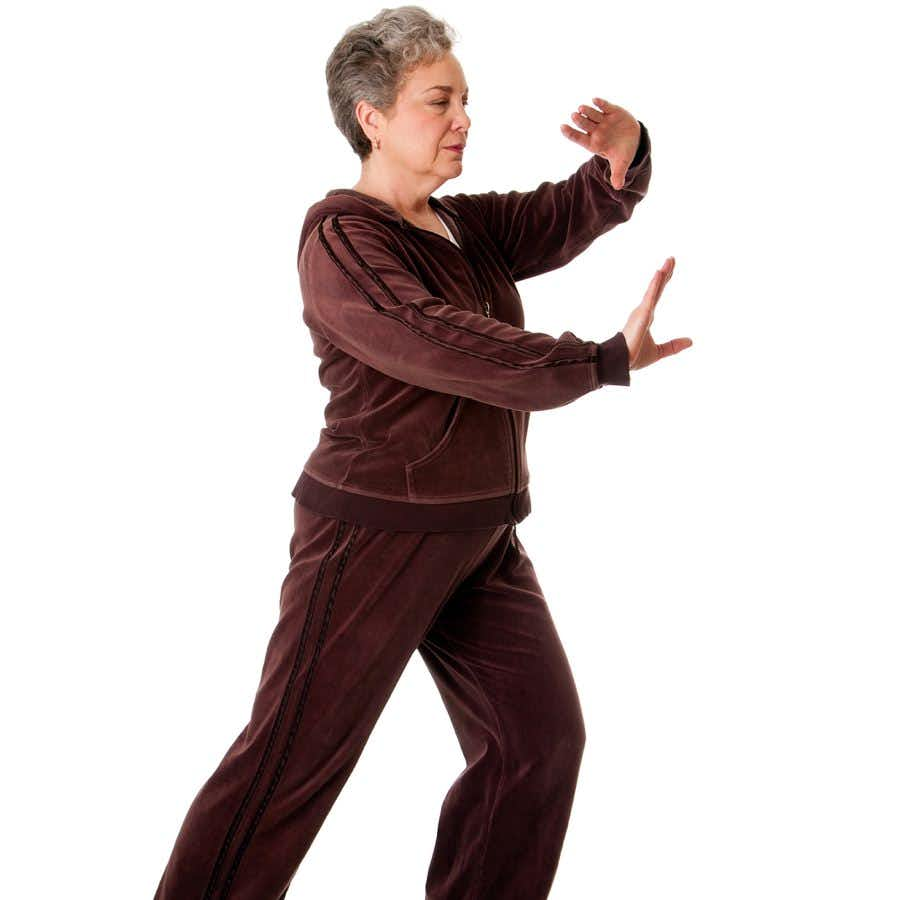
As people age, their balance and coordination may become compromised. According to the National Council on Aging, one in four Americans over 65 years old takes a fall each year. Moreover, falls are a leading cause of injury and death. What should a senior citizen do to try to avoid a fall?
Dedicated Exercisers May Be Able to Avoid a Fall:
Some older people may cut back on exercise for fear that such physical activity could raise their risk for falls. A large meta-analysis published in JAMA Internal Medicine should eliminate those concerns. Researchers reviewed the results of 40 studies involving more than 21,000 participants (JAMA Internal Medicine, online Dec. 28, 2018). The volunteers were at least 60 years old. The investigators found that long-term exercise programs, especially those involving multicomponent training like aerobic workouts plus strength and balance training, actually reduce the likelihood of falls. Exercisers were 12 percent less likely to take a tumble and 26 percent less likely to harm themselves in a fall. There were no differences, however, in the likelihood of hospitalization or death unrelated to falls.
Does Exercise Reduce the Risk of Broken Bones?
The scientists found a nonsignificant trend towards fewer fractures among exercisers. It seems intuitive that if you can avoid a fall by maintaining your strength and balance, you might not be as likely to break your bones.
These findings bolster the efforts of the American College of Sports Medicine to recognize that Exercise Is Medicine and have doctors prescribe it. An accompanying editorial urges doctors to prescribe exercise three times a week, 50 minutes per session, for their patients 65 and older.
Learn More:
You may wish to review this guest post on falls by Dr. Bernadette O’Keefe. It is chock-full of helpful references and links.
In addition, you may be interested in listening to some of our interviews on the benefits of exercise. Check out Show 1106 with Dr. Jordan Metzl and Dr. Joe Verghese on How to Find Time to Exercise; and Show 1090 on How High-Intensity Exercise Benefits Parkinson Patients.
If your local community center or Y offers classes in tai ji (also spelled tai qi or tai chi), you might check it out. People who practice this ancient Chinese martial art usually improve their balance and are able to avoid a fall.
Other Benefits of Exercise for Older Adults:
A study of the benefits of moderate to vigorous intensity physical activity included more than 120,000 people at least 60 years old and followed them for 10 years, on average (British Journal of Sports Medicine, Oct. 2015). The researchers also had a separate group of over 1,000 French people who were 65 in 2001. This group was tracked for 12 years.
Compared to participants who were sedentary, those who exercised even a little bit, about 15 minutes of brisk walking daily, decreased their risk of early death by 22 percent. Moderate and high levels of exercise were even more helpful, lowering the likelihood of dying during the study by 28 and 35 percent respectively.
The researchers conclude that more physical activity offers more health benefits, but that older people can get great results by starting modestly, with 15 minutes of walking every day (European Heart Journal, May 21, 2017). Although older adults may slow down a bit in comparison to their younger selves, they will do better if they keep moving.
The First 20 Minutes:
The advantages from staying active (15 to 30 minutes daily) are not just for older individuals. Younger people too get great benefit from breaking sedentary habits and finding a way to keep moving. Gretchen Reynolds, columnist for The New York Times, has written about the research supporting physical activity in her book, The First 20 Minutes: Surprising Science Reveals How We Can Exercise Better, Train Smarter and Live Longer.

